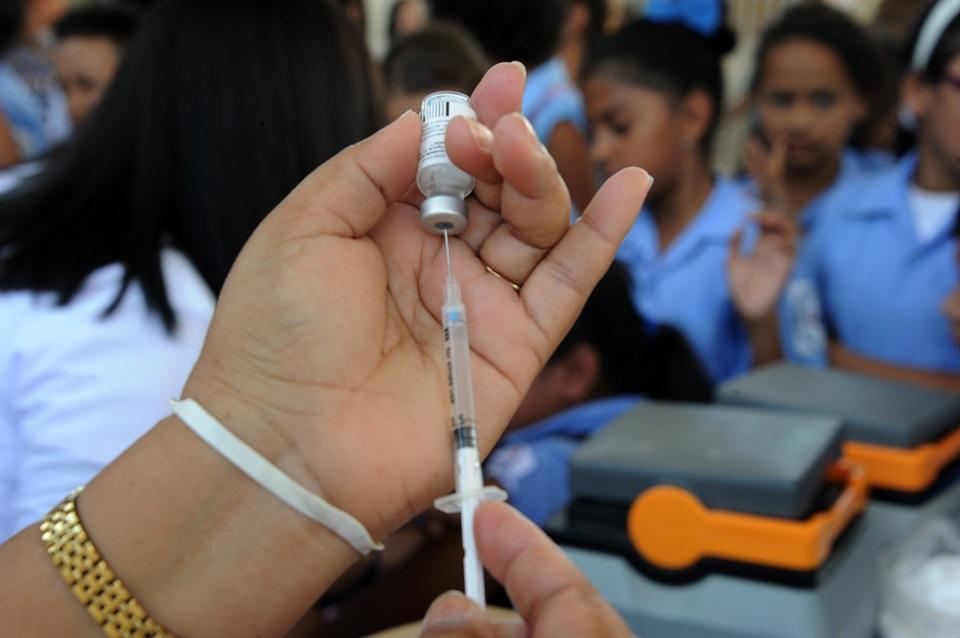What is HPV and why you should get vaccinated for it

With all the talk surrounding COVID-19 and achieving "herd immunity" through mass vaccination, health experts reminded the public about another virus that could easily be transmitted but prevented as well.
In an online media conference on Wednesday, Guard Against HPV emphasized the need for sexually active Filipinos to remain vigilant against human papillomavirus (HPV), which is a common sexually transmitted infection that could cause health problems like genital warts and cancer.
Stressing HPV prevention as a "battle for both sexes," the campaign hopes to encourage both men and women to take the right steps to prevent the spread of the virus, which includes vaccination.
"We all have a role to play in the fight against HPV," Dr. Mary Ann Escalona said during the conference.
"As parents, we need to guide our children properly so they know how to be responsible for their health. As spouses and partners, we need to keep ourselves armed with the right information on how we can keep ourselves at the peak of our health, how to avoid infections, and how to prevent spreading diseases," she added.
"This way, we give each other a chance to thrive without worrying about disease.”
What is HPV?
Human papillomavirus or HPV is a common sexually transmitted infection.
It be transmitted from person to person through anal, vaginal or oral sex or close skin-to-skin contact during sexual activity.
According to Centers for Disease Control and Prevention (CDC), HPV can lead to health problems that can range from genital warts to cervical and other cancers among men and women, including cancer of the vulva, vagina, penis, or anus.
Vaccination and prevention
According to Dra. Portia Ortiz of the Philippine Society of Venereologists, the "ABCDEs" to preventing sexually transmitted infections like HPV include the following:
Abstinence from sex
Being mutually faithful to your partner
CCC or "correct and consistent condom" use
Don't do drugs
Education
Moreover, Dra. Ortiz said vaccination for HPV was "readily available" to help provide protection against infections—all you have to do is consult your friendly physician.
"You can go to your general physician, or the family physician. You can go to your urologist, if you're more comfortable with that. You can go to your dermatologist, you can go to your venereologist, or you can go to your internal medicine doctors, or even pediatrician has access to HPV (vaccine)," Ortiz explained.
"So hindi lang po kaming venereologists, lahat po kasi ng doctor ngayon sa Pilipinas nagpa-practice ay medyo may alam na po sa HPV vaccine. So they're already well informed," she added.
"As much as possible, if you want to be oriented on how to get it, where to get it, what are the dosages, it's better to talk to your friendly venereologist, pediatrician or urologist."
The month of May has been declared Cervical Cancer Prevention Awareness Month in the Philippines. According to Guard Against HPV, a 2019 study by the HPV Information Centre showed that 7,190 new cases of cervical cancer are diagnosed annually in the Philippines.
In 2019, the Department of Health (DOH) assured the public that the HPV vaccine was safe and effective in preventing cervical cancer. – RC, GMA News



